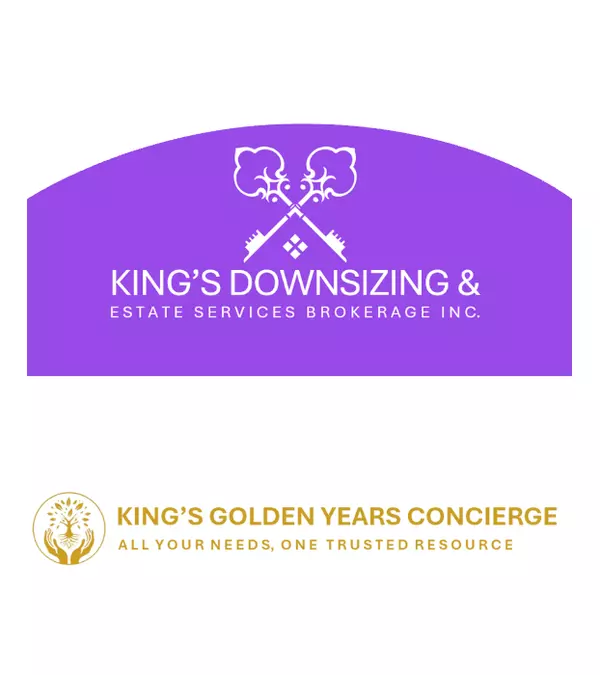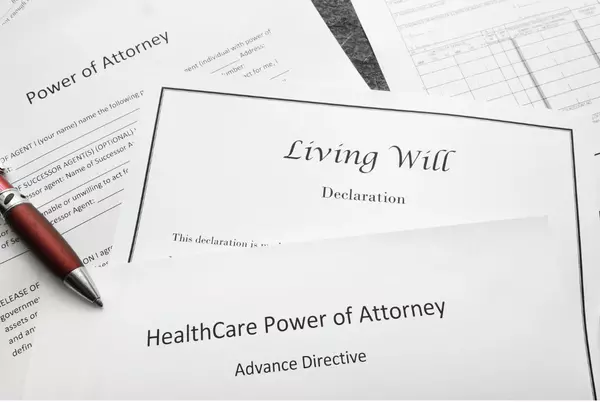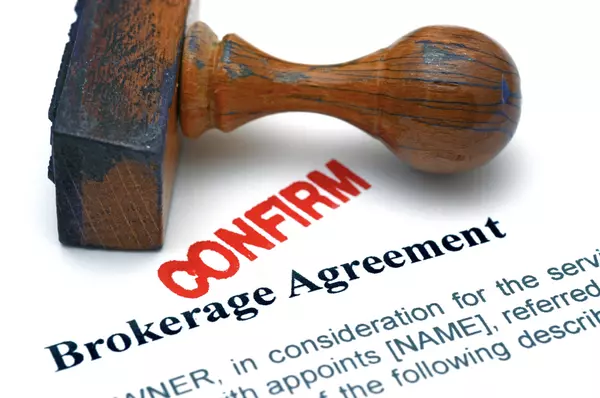Exciting News: King's Downsizing & Estate Services Becomes a Full-Service Real Estate Brokerage!
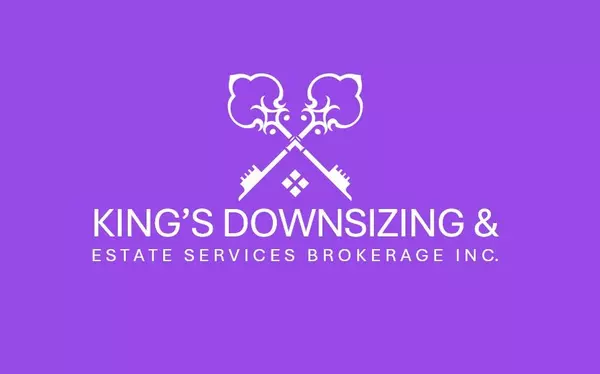
We’re thrilled to share some incredible news with our community: King’s Downsizing & Estate Services is now officially a full-service Real Estate Brokerage! This exciting new chapter allows us to better serve older adults and their families with seamless, one-stop, concierge-style support through e
Read MoreSimplifying the Estate Settlement Process with Professional Guidance

When a loved one passes away, the process of settling their estate can feel overwhelming and emotionally draining. The responsibilities of managing the deceased’s property, finances, and legal affairs often fall on family members or executors, who may not have the time, resources, or expertise to h
Read MoreHow to Donate or Sell Antiques and Collectibles When Downsizing

Downsizing can be both a rewarding and challenging process, especially when it comes to managing personal treasures like antiques and collectibles. These valuable items often hold sentimental significance, but they can also take up a lot of space. Deciding what to do with them can fee
Read MoreHow to Stay Organized During the Estate Settlement Process

Dealing with the estate settlement process can be an overwhelming and emotionally charged task. Whether you’re acting as an executor or assisting a loved one through this process, staying organized is crucial to navigating the complexities efficiently and effectively. From managing pa
Read MoreHow to Prepare Your Home for Sale After Downsizing

Downsizing is often a rewarding process that helps you declutter, simplify, and prepare for a new chapter. Once you’ve moved into your new space, however, the next step is preparing your former home for sale. Properly staging and presenting your home can make a significant difference
Read MoreEstate Settlement Simplified: What You Need to Know

Navigating the estate settlement process can be challenging, especially during a time of emotional adjustment. Whether you are an executor or a family member managing a loved one's estate, understanding the steps involved can help streamline the process, reduce stress, and ensure that every det
Read MoreNavigating Cross-Border Estate Settlement: A Guide for Executors

Settling the estate of a loved one can be an emotionally challenging and legally complex process, especially when it involves navigating cross-border implications. For individuals who are based out of province or out of country and are managing an estate in Ontario, Canada, ensuring clarity and comp
Read MoreCompleting the Estate Journey: Final Tasks for Settlement

As you reach the culmination of the estate settlement journey, it's time to tie up loose ends and bring closure to the process. Here's a rundown of the essential tasks to wrap up the estate settlement: Distribute Assets:With the asset disposition plan finalized, proceed to distribute the net estate
Read MoreNavigating the Heart of Estate Settlement: Essential Tasks to Wrap Up Affairs

After laying down the initial groundwork outlined in the Timeline tasks, it's time to delve into the core phase of estate disposition. This pivotal stage involves executing a series of crucial tasks to bring closure to the estate administration process. Here's a breakdown of key responsibilities: Re
Read MoreNavigating Tax Deadlines and Estate Responsibilities Throughout the Calendar Year

As the executor of an estate, you're tasked with numerous responsibilities, including managing tax-related matters that extend beyond the decedent's date of death. Understanding the calendar year's impact on tax deadlines and estate obligations is crucial for ensuring compliance and effective estate
Read MoreNavigating the First Three Months After a Loss: Essential Tasks and Considerations

Losing a loved one is a profound experience, and the initial months following their passing can be both emotionally challenging and overwhelming with various administrative tasks. Building upon the responsibilities outlined in the first month, here are crucial tasks you should focus on during the fi
Read MoreNavigating the First Month After a Death: Essential Tasks and Considerations

Losing a loved one is a challenging experience, and navigating the first month after their passing can be overwhelming. In addition to the tasks outlined in the initial week, there are several key responsibilities that need attention during this period. 1. Get Organized:Setting up file folders to o
Read MoreExploring Probate: Assessing Your Need for Legal Assistance

Deciding whether to enlist a lawyer's help in settling estates is a common dilemma. While legal expertise may be necessary for certain estates, the choice ultimately rests with you. Probate lawyers offer invaluable support throughout the process, providing essential resources and connections to stre
Read MoreUnlocking Estate Success: Immediate Executor Responsibilities

Navigating the complexities of estate administration in Canada demands swift action and meticulous attention to detail. While the process typically spans 6-18 months, certain tasks require immediate attention to ensure a seamless transition. Here's what you should prioritize within the first week o
Read MoreUnderstanding Probate Bonds in Estate Management

Probate bonds are a crucial aspect of estate administration, especially when navigating the probate process. In Ontario, the regulations surrounding probate bonds can vary based on several factors, including the presence of a will and the residency of the executor. Let's delve deeper into what proba
Read MoreSimplifying the Small Estate Process in Ontario: A Guide by Desiree King

In Ontario, managing the estate of a loved one can be a complex and overwhelming task, especially when faced with the probate process. However, since 2021, there's been a significant change for small estates valued at less than $150,000. As the founder of King's Downsizing & Estate Services, I'm her
Read MoreWhat Happens If You Die Without a Will in Ontario, Canada?
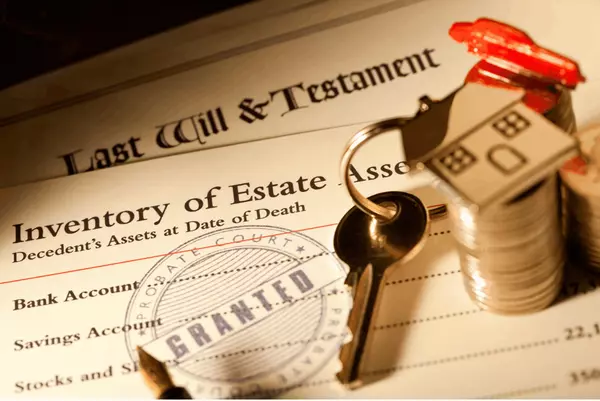
What Happens If You Die Without a Will in Ontario, Canada? Losing a loved one is never easy, and dealing with the aftermath can be overwhelming, especially if they passed away without leaving a Will. In legal terms, dying without a Will means dying "intestate," which essentially means that there ar
Read MoreDispelling Common Probate Myths: A Guide by Désirée King
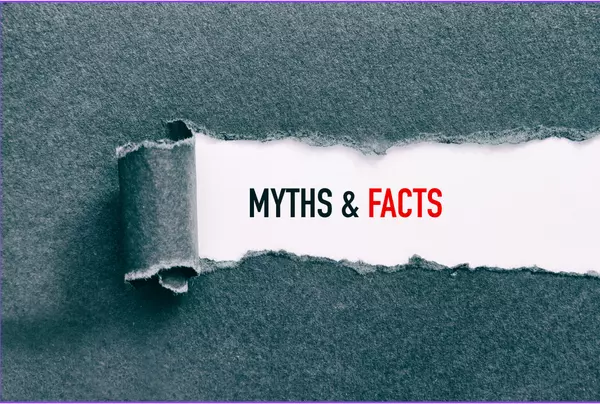
Dispelling Common Probate Myths: A Guide by Désirée KingNavigating the probate process can be daunting, fueled by widespread myths that often misconstrue the reality. As a seasoned professional at King's Downsizing & Estate Services, I'm here to debunk the top ten probate myths and shed light on th
Read MoreDemystifying Probate in Ontario: A Comprehensive Guide
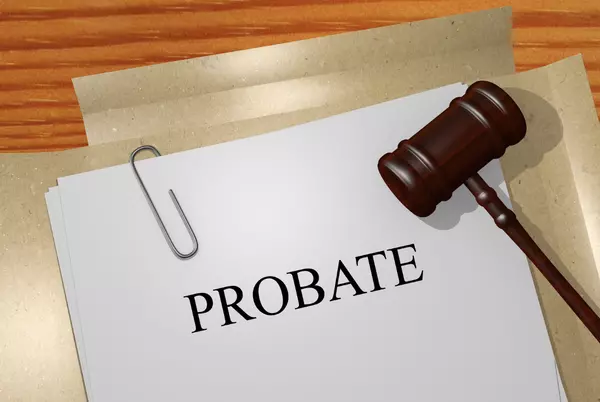
When a loved one passes away, they leave behind an estate comprising various assets, liabilities, and belongings. In Ontario, the management and distribution of this estate fall under the jurisdiction of an estate trustee, the individual legally authorized to act on behalf of the deceased. Probate
Read MoreUnderstanding the Executor's Role in Ontario, Canada: Responsibilities, Challenges, and Guidance

Being named an executor of an estate is a significant responsibility, one that requires thorough knowledge, meticulous attention to detail, and compassion. In Ontario, Canada, an executor, also known as an estate trustee, plays a pivotal role in administering the estate of a deceased person. Let's
Read More
Categories
- All Blogs 73
- 55+ Living Communities 20
- Aging-In-Place 16
- Community Engagement 3
- Concierge 13
- Decluttering 8
- Downsizing 31
- Estate Planning 6
- Estate Settlement 26
- Fall Prevention 11
- General 18
- Home Safety 8
- International Retirement Living 4
- Land Lease 6
- Life Lease 7
- Lifestyle 15
- Out of Town Estate Settlement 24
- Probate 22
- Real Estate 4
- Retirement Residences 17
- Tax Returns 4
- Wealth Transfer 21
Recent Posts


